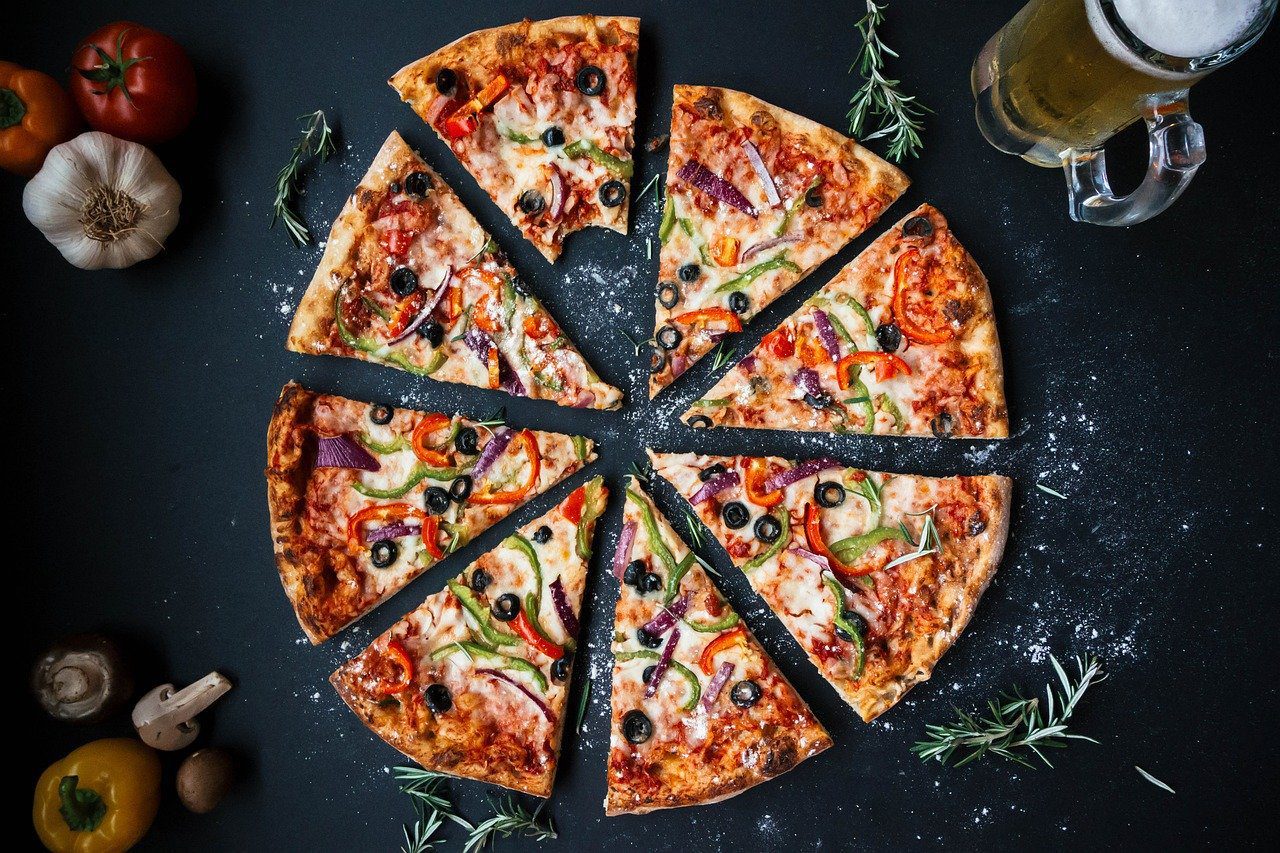Obesity – once a health condition, has now turned into an epidemic as pointed out by doctors, researchers and scientists. Not actually a disease in itself, obesity , however is the root cause of several health risks such as irregular blood sugar, disturbed heart rate, increased cholesterol level and many more. If not monitored properly, these problems can put your body at the risk of serious cardiovascular diseases.
Over the last couple of years, scientists and researchers have been working towards finding a link between chronic stress and obesity. Now, there is strong scientific evidence to support the legitimacy of a solid connection between mental stress and obesity. Bonnie Taub-Dix – a New York City weight-loss expert and spokesperson for American Dietetic Association explained when a person is a victim of chronic mental stress, certain biochemical reactions in his body develop unusual eating pattern in him. These patterns lead to obesity and obesity causes even more stress for the person. It’s a never unending vicious cycle until the person seek medical help and deal with his stress eating.
Stress Eating is nothing that cannot be taken care of with a little bit of behavioral changes. After all, leaning on food at the times of stress, anxiety, fear or sadness is a habit. You need to develop an intuitive powerful strategy to break that destroying habit of yours. And if you really put your mind to it, overcoming stress eating ca n be dealt with all by yourself sans the medicines.
#1 Name Thy Moods
Careful observation reflects that most people blame their “mood swings” when it comes to irregular food- binging. You’re feeling a little low about yourself, you just order a pizza and indulge in a self-thrown feast. Most people turn towards a big pint of ice-cream every time they are dealing with problems in a relationship. Some people tend to overdose their caffeine intake in the nervous anticipation of an examination, class test or big business meeting. The first step towards a life free of stress eating is to identify what causes you to binge. Pay closer attention to the moods, fears or instances that throws you off your healthy eating radar. Once you know what triggers you, dealing with it would become easier.
#2 Deal with Your Feelings

Once you have identify what moods, feelings and fears cause you to binge-eat, the next step is learning how to deal with your feelings. One of the common mistakes all of us are guilty of doing is eating our feelings. Instead of holding ourselves accountable for what went wrong, we block anxiety-causing elements and try to feel better by engorging food. Next time, when you crave to binge-eat because you’re stressed – deal with your feelings. Reflect on what has happened and what steps could be taken to improve the situation. Don’t seek out temporary refuge in food.
#3 Don’t Associate Comfort with Food
One of the main reasons an individual reaches out for food as a coping mechanism for his stress or anxiety is because we have this cultural connotation of “comfort” and “love” attached to it. How do you know grandma loves you? Be cause she always send you fudge. Need someone to show how much you appreciate their presence in your life? Take them out on a fancy lavish dinner. While, it’s significant to develop a healthy relationship with food, associating all your comfort and solace to it can lead you to stress eating. Look at food as a basic life necessity. Not as a reward or refuge for your good or bad day.
#4 Device a Healthy Coping Mechanism
Man is a social animal; existing in isolation isn’t healthy. One of the reasons we fall a victim for stress eating is because we try to deal with our problems on our own without being vulnerable in front of anyone else. Sessions of binge-eating at times of stress can actually leave you weaker than you anticipate. It’s better to find alternative coping mechanism to combat your stress. Talking to a friend or a close family member; going out for a run to clear your head; watching a comedy movie are some of the alternative methods of dealing with stress.
#5 Your Multitasking Should End Where Food Begins
We get it , these are busy times. Nobody has got time to properly set a table three times a day and then eat on regular timing. But – this could be one of the reasons of your stress eating. Nibbling on a doughnut for breakfast while commuting for work, eating a cold sandwich between back to back office meetings or binging on an entire bowl of mac & cheese while watching TV at night is the evident result of eating without thinking. You think you’re multitasking but in actuality with juggling so many things at one time you’ re stressing your nervous system which in return isn’t signaling your mind when your stomach is full. When you eat, you eat. There should be no room for anything else.
#6 Stock up the Right Food

Old and boring, but this tip works every time. Stock your fridge and pantry with right kind of food. Healthier unsalted nuts, dry fruits, seeds, fresh fruits and vegetables should be the only thing s around when you’re craving to eat as a result of stress. Get rid of sugary junk that comes packed in tins and bottles. Clutter-free kitchen paves way for clutter-free mind and body. Moreover, salted and sugary foods enhances your cravings even more whereas healthier options keep you full and satiated.
#7 The Perks of Physical Activity
We cannot stress enough about the importance of physical activities and exercise in your daily routine. When you go out for a run or jog your body releases endorphins – the happy biochemical – they are natural stress busters and pain relievers. With natural endorphin release, your body’s stress levels would remain in check hence there would be no room for you to fill the void with unhealthy food. The physical fitness that would come with a pleasant mood is just an additional perk.


